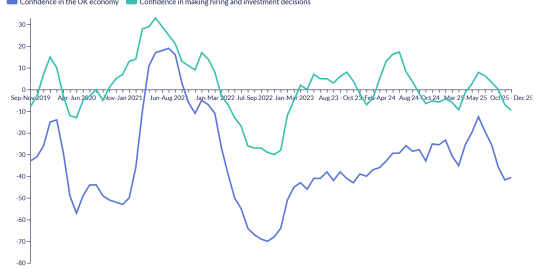A new website has been launched today by a group of charities, employment organisations, healthcare professionals and the Department for Work and Pensions (DWP) to help people with long-term fluctuating health conditions remain in work.
‘Work Life’ (www.yourworkhealth.com) has been supported by the DWP and developed by the MS Society and other partner organisations. It brings together examples of best practice, guidance for employers, employees and healthcare professionals, research and case studies from across the employment sector and from around the internet into one dedicated, free to access portal.
Minister for Welfare Reform, Lord Freud has given the website his backing, stating: “We know that work is good for people and we want those with long-term fluctuating health conditions to have the support they need to stay in their job. When people fall out of employment onto benefits it becomes even harder to get back to work and the “Work Life” website will be an important resource for those managing health conditions in the workplace”.
‘Work Life’ is the first of its kind; several other resources, like the websites workingforhealth.gov.uk and direct.gov.uk, already provide information on managing short-term health problems or stable conditions in the workplace, but for those with long-term fluctuating conditions, like arthritis and Parkinson’s, remaining in work can be difficult and information, until now, has been disjointed.
‘Work Life’ is aimed at three key audiences – employers, employees and health care professionals – and information is focused on helping people to stay in work, and lead an independent lifestyle.
Leonie Martin was diagnosed with multiple sclerosis (MS) in 2000 while working as an office manager at a large school. In 2003 she was forced to take early retirement on the grounds of ill health.
She said: “After being diagnosed I wasn’t given any advice regarding how or when to tell my employer and colleagues, or what my rights were. Consequently, I tried to play down my difficulties and ended up becoming more and more anxious. If I had known that many of the problems I was experiencing at work, like fatigue and concentration, were due to my MS I wouldn’t have ended up on a downward spiral that culminated in my having to finish work. It has taken me several years to rebuild my self esteem and learn to look at what I can still do well, rather than what I can no longer do.”
Information for employers outlines the benefits of employing and retaining staff members with long-term health conditions and suggests reasonable adjustments that can be made in the workplace. Examples of cost effective and short interventions, like vocational rehab, also help to demonstrate best practice. Toolkits and information on offering advice to patients and clients provides support to health and work professionals.
The website can be viewed at www.yourworkhealth.com





